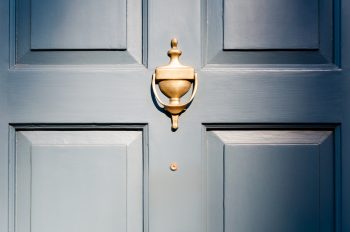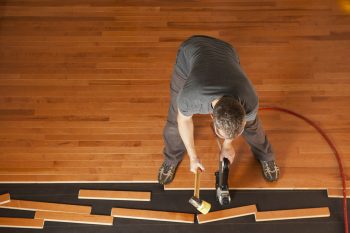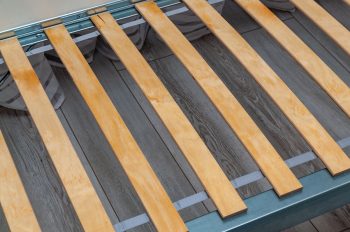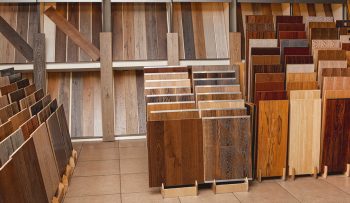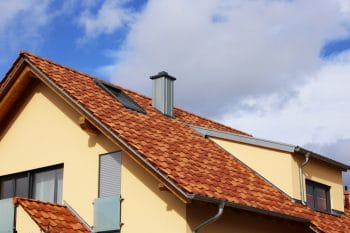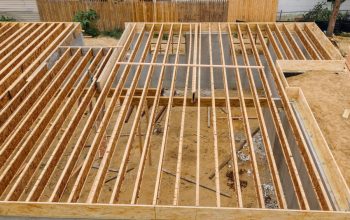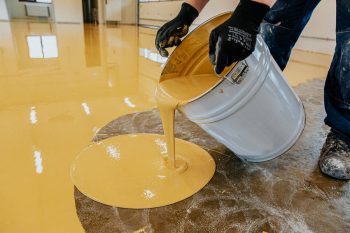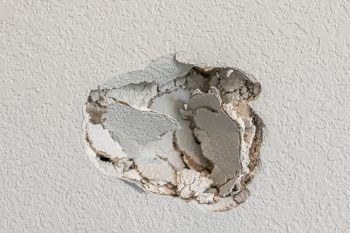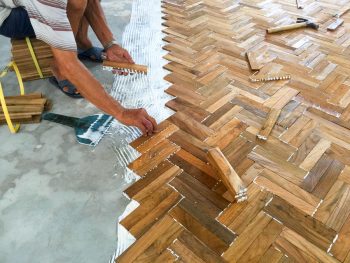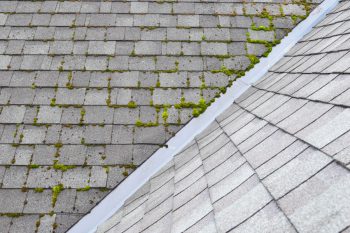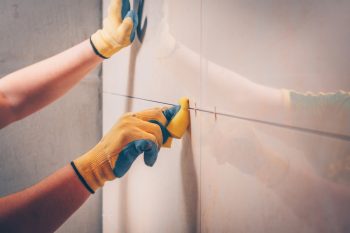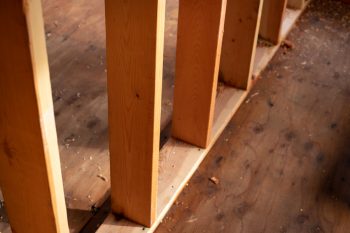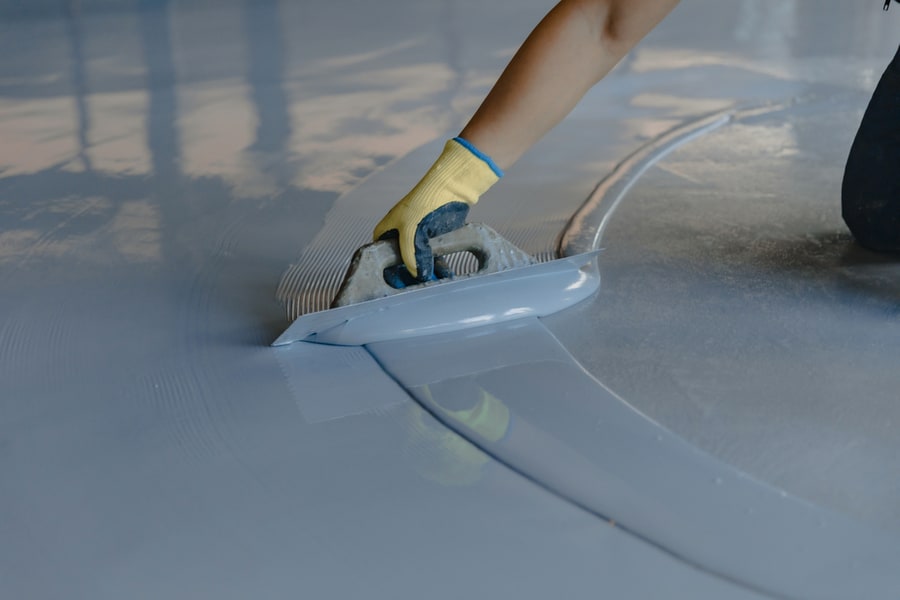
Are you thinking about having polished concrete or epoxy flooring installed? While both types of flooring are excellent options, they each have advantages and disadvantages.
This guide covers everything you need to know about which flooring to choose.
Polished concrete and epoxy floorings are both attractive flooring options. They are customizable, low maintenance, and reduce allergens in your home. They are also slip-resistant.
The flooring you choose will likely come down to what type of use you intend for it.
Epoxy flooring is more suitable for commercial and manufacturing settings because it is durable. It is also chemical resistant. Polished concrete, while very durable, is not as durable as epoxy.
Keep reading for a deep dive into what these two types of flooring have to offer.
Epoxy and polished flooring are both attractive and durable. They are also available in an array of finishes, so your floor can be as unique as you are.
What Is Polished Concrete?
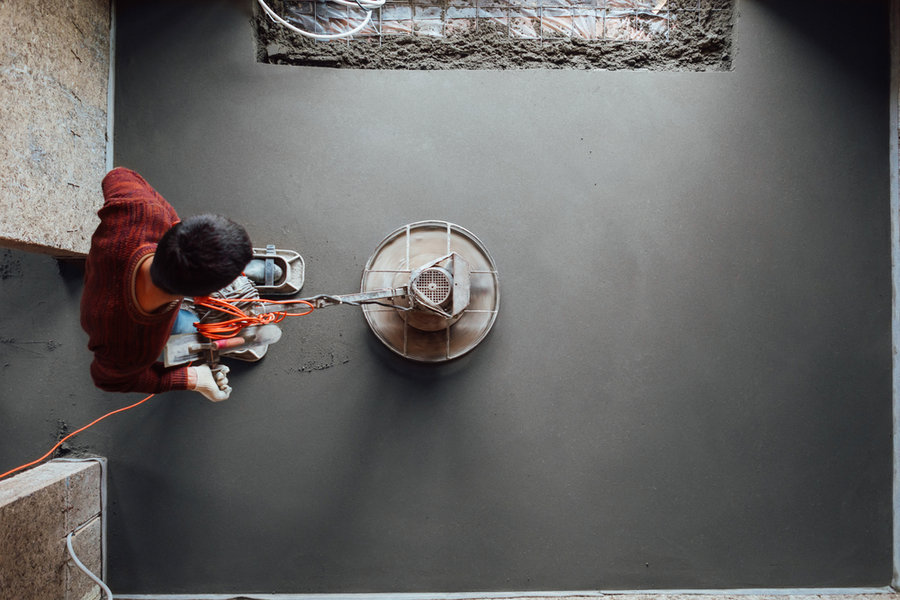
Polished concrete is concrete that has had its imperfections ground off. Then, it is polished with a polishing machine. This machine has discs with diamonds in it that smooth the concrete to its desired smoothness and sheen. The process is very similar to sanding a piece of wood.
Concrete is polished with several different grit wheels. A sealer is applied between sandings, which helps the concrete harden and become denser.
When complete, polished concrete is stronger and more durable than regular concrete.
Benefits of Polished Concrete
Is polished concrete right for you? Here are some of its best attributes.
- Polished concrete is suitable for light to medium use. Home, office, and retail settings are all common places polished concrete is found. It holds up well to foot traffic.
- It is also attractive and customizable. To create a custom design, polished concrete can be stained, scored, or banded. The options for finishes are infinite, so you can make the perfect flooring that suits your preference. The gloss level on polished concrete is adjustable to your choice of sheen. Matte, medium, and high gloss finishes are all possible.
- Polished concrete also boasts a long lifespan. Your floor will likely outlive you. A stain guard can be applied after the concrete is polished to improve durability. This will help protect and maintain the finished floor.
- Another selling point of polished concrete is that it reduces allergens. And while it may look sleek, polished concrete is not slippery.
- Polished concrete can have up to 100% reflectivity. This means light bounces off it, lowering energy bills.
- Polished concrete floors are easy to maintain and can be used indoors and outdoors.
What Is Epoxy Flooring?
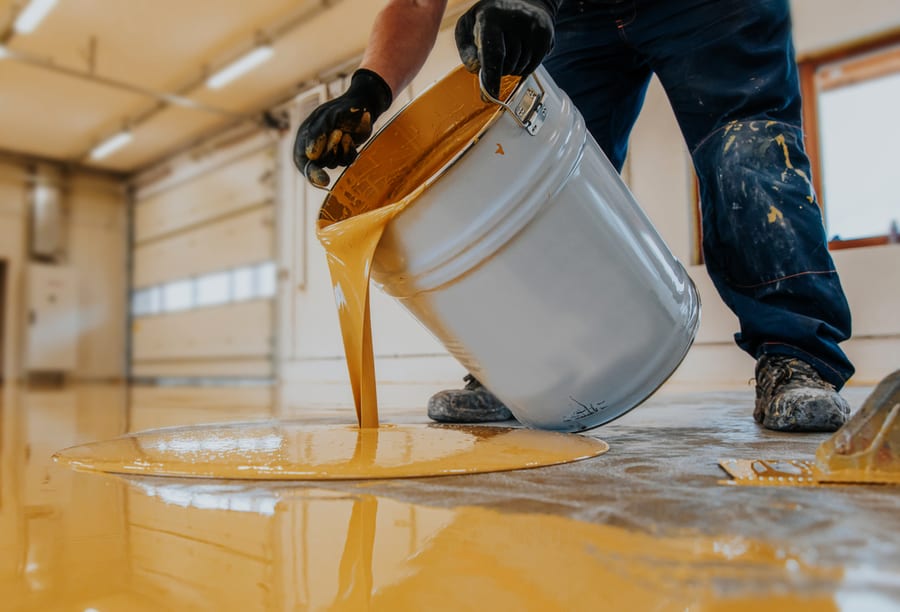
Epoxy flooring is another excellent type of flooring. In contrast to polished concrete, epoxy flooring is concrete with a hardener and epoxy resin.
Epoxy flooring is more durable than polished concrete and can be used in hospitals, showrooms, airport hangers, manufacturing plants, and warehouses.
Benefits of Epoxy Flooring
Is epoxy flooring right for you? Here are some of its best selling points.
- Epoxy flooring is chemical resistant. Epoxy can withstand harsh chemicals and spills, including motor oil, ammonia, formaldehyde, sulfuric acid, hydrogen peroxide, and nitric acid.
- It is also durable enough to withstand heavy machinery. High-lo’s, vehicles, and heavy foot traffic are no match for epoxy flooring, making it an ideal choice for industrial use. Another benefit of epoxy is that it can be used indoors and outdoors.
- Epoxy flooring is easy to clean and reduces allergens. You’ll say “bless you” for installing the flooring, not for sneezing.
- It also has a long lifespan and can be made slip-resistant with additives.
- Epoxy flooring is also reflective up to 300%. So it can reduce lighting demands and lower energy bills.
There’s a lot to like about epoxy flooring.
How Are They Similar?
Both polished concrete and epoxy flooring cost the same amount, from $3-12 per square foot.
Both can make ordinary concrete more durable and clean up more easily than regular concrete. Epoxy and polished concrete are also sustainable flooring options. They are also customizable, reduce allergens, and are low maintenance.
How Are They Different?
The main difference between polished concrete and epoxy flooring is its durability.
Even though polished concrete is tough, epoxy is tougher because it can withstand heavy equipment and corrosive acids.
Which Will You Choose?
The two types of flooring are pretty similar. They are both more than durable enough for the average home.
If you are choosing between the two, your decision will likely be driven by what use you will have for the floor. If you need something extremely durable and can withstand heavy equipment and corrosive acids, epoxy flooring is for you.
Otherwise, you can choose whichever floor type you find more aesthetically pleasing.
